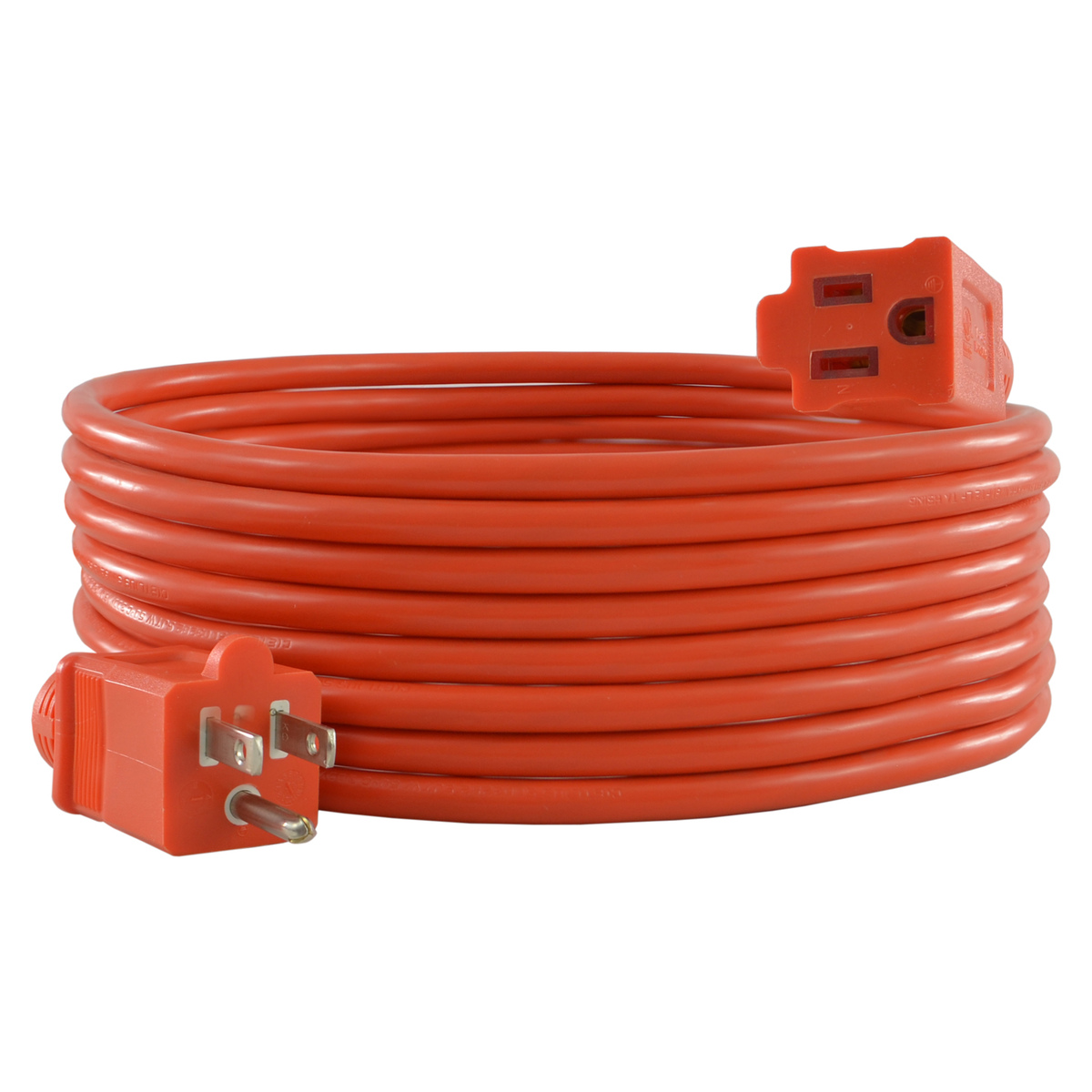

Articles
What Does 16 Gauge Extension Cord Mean
Modified: January 23, 2024
Discover the meaning of 16 gauge extension cords and how they differ from other gauges. Read our insightful articles for more information.
(Many of the links in this article redirect to a specific reviewed product. Your purchase of these products through affiliate links helps to generate commission for Storables.com, at no extra cost. Learn more)
Introduction
An extension cord is an essential tool for anyone in need of extra reach for their electrical devices. Whether you’re working on a DIY project in your garage or simply need to power outdoor equipment, having the right extension cord can make all the difference. One important factor to consider when choosing an extension cord is the gauge, which refers to the thickness of the wire used in the cord.
Gauge is a measurement of the wire’s diameter, and it plays a crucial role in determining the cord’s capacity to carry electrical current. The lower the gauge number, the thicker the wire, which means it can carry more power without any risk of overheating or voltage drop. In this article, we’ll explore what a 16 gauge extension cord means, its benefits, common uses, and safety considerations.
(word count: 117)
Key Takeaways:
- A 16 gauge extension cord offers a safe and reliable solution for powering various devices, both indoors and outdoors. Its thick wire provides versatility, durability, and cost-effectiveness, making it a worthwhile investment for different applications.
- When choosing a 16 gauge extension cord, consider key features such as length, wire material, power capacity, and safety features to ensure it meets your specific needs. Prioritize safety by following usage guidelines and inspecting the cord for damage before each use.
Read more: What Gauge Is An Extension Cord
Understanding Gauge
Before diving into the specifics of a 16 gauge extension cord, it’s important to have a clear understanding of what gauge means in the context of electrical wiring. Gauge is a standardized measurement that determines the thickness of a wire. In the United States, the American Wire Gauge (AWG) system is commonly used to measure wire gauges.
The AWG system assigns a specific number to each gauge, with higher numbers indicating thinner wires and lower numbers indicating thicker wires. For example, a 16 gauge wire is thicker than a 20 gauge wire. The diameter of the wire affects its electrical resistance, with thicker wires offering less resistance and therefore allowing for the transmission of higher amounts of power.
When it comes to extension cords, the gauge of the wire plays a crucial role in determining its capacity to handle power. Thicker wires have a higher ampacity, which means they can safely carry more current without heating up excessively. If an extension cord’s wire gauge is too thin for the amount of power being drawn through it, it can overheat and pose a fire hazard.
It’s important to note that as the gauge number decreases, the wire thickness and ampacity increase. So a 16 gauge wire can carry more power than an 18 gauge wire and is thicker and more durable. Understanding this relationship between gauge and wire thickness is essential for selecting the right extension cord for your specific needs.
(word count: 220)
Definition of 16 Gauge Extension Cord
A 16 gauge extension cord refers to an extension cord that is constructed with a wire gauge of 16. The gauge number indicates the thickness of the wire used in the cord, with lower gauge numbers indicating thicker wires. In the case of a 16 gauge extension cord, the wire is relatively thick, making it suitable for carrying moderate amounts of electrical current.
These extension cords are commonly used for indoor and outdoor applications that require a moderate amount of power. They are versatile and can be found in various lengths to suit different needs. The thicker wire gauge of a 16 gauge extension cord allows it to carry more current than thinner cords while minimizing voltage drop and the risk of overheating.
It is important to note that 16 gauge extension cords have their limitations. While they are suitable for several household appliances and power tools, they may not be suitable for heavy-duty equipment that demands higher power levels. It is crucial to check the power requirements of your devices and ensure they are within the limits of the 16 gauge extension cord.
When selecting a 16 gauge extension cord, it is advisable to choose one with a durable outer jacket made of materials like vinyl or rubber for added protection against moisture and physical damage. It is also important to pay attention to the cord’s length and ensure it meets your specific needs.
Overall, a 16 gauge extension cord provides a balance between flexibility, durability, and power capacity. It is a reliable choice for various applications and offers convenience and safety when used correctly.
(word count: 248)
Benefits of 16 Gauge Extension Cord
When it comes to powering your electrical devices, having the right extension cord can make a significant difference. Here are several benefits of using a 16 gauge extension cord:
- Safe and Reliable Power Delivery: The 16 gauge wire used in these extension cords is thick enough to handle moderate power loads without overheating or voltage drop. This ensures a consistent and reliable power supply to your devices, reducing the risk of damage or electrical hazards.
- Versatility: 16 gauge extension cords are versatile and can be used for various applications. Whether you need to power your tools in the garage, set up lighting outdoors, or connect your electronics indoors, a 16 gauge extension cord can handle the job.
- Flexibility: These extension cords come in different lengths, providing flexibility in reaching power sources. Whether you need a short cord for close proximity or a longer cord for hard-to-reach areas, you can find a 16 gauge extension cord that suits your needs.
- Durable Construction: 16 gauge extension cords are typically built with durable materials such as vinyl or rubber. This construction not only protects the cords from damage but also ensures they can withstand outdoor elements like moisture, UV rays, and extreme temperatures.
- Cost-Effective: Compared to lower gauge extension cords, a 16 gauge extension cord offers a balance between performance and affordability. They are more cost-effective than thicker-gauge cords without compromising on power capacity and safety.
- Ease of Use: 16 gauge extension cords are user-friendly and easy to handle. They are typically lightweight and come with features like built-in strain relief and multiple outlets, making it convenient to connect multiple devices simultaneously.
These are just some of the benefits you can expect when using a 16 gauge extension cord. They provide a reliable, versatile, and safe solution for powering your electrical devices, making them a worthwhile investment for both residential and commercial applications.
(word count: 289)
Common Uses of 16 Gauge Extension Cord
A 16 gauge extension cord is a versatile tool that can be used in a variety of settings. Here are some common uses for a 16 gauge extension cord:
- Indoor Powering: One of the primary uses of a 16 gauge extension cord is to provide power indoors. Whether you need to plug in your computer, TV, lamps, or other electronic devices, a 16 gauge extension cord can conveniently extend the reach of your power source.
- Outdoor Yard Work: If you’re working in your yard, a 16 gauge extension cord can be a handy tool. Use it to power your electric lawnmower, trimmer, or other outdoor equipment without being limited by the length of your existing power cords.
- DIY Projects: Whether you’re working on a DIY project in your garage or workshop, a 16 gauge extension cord can provide the necessary power. It allows you to use power tools like drills, saws, and sanders with ease, even if your work area is far from an electrical outlet.
- Holiday Decorations: During the festive season, you may have various holiday decorations that require power, such as string lights, inflatable decorations, or animated displays. A 16 gauge extension cord provides a reliable and safe way to power these decorations, allowing you to showcase your holiday spirit.
- Camping and RVing: When enjoying outdoor adventures, a 16 gauge extension cord can be indispensable. Use it to connect your camping equipment, RV, or portable appliances to a nearby power source at the campsite.
- Tool Shed or Workshop: If you have a separate tool shed or workshop outside your home, a 16 gauge extension cord can help you power your tools and equipment. Whether it’s a table saw, air compressor, or other power tools, these extension cords provide the necessary power and flexibility.
These are just a few examples of the common uses of a 16 gauge extension cord. They are versatile tools that can be utilized in various applications, both indoors and outdoors, providing convenience and flexibility in powering your electrical devices.
(word count: 301)
A 16 gauge extension cord means that the wire inside the cord is 16 gauge, which determines its capacity for carrying electrical current. The lower the gauge number, the thicker the wire and the more current it can handle. Always use the appropriate gauge for your power needs to avoid overheating and potential fire hazards.
Read more: How To Tell What Gauge An Extension Cord Is
Key Features to Consider
When selecting a 16 gauge extension cord, there are several key features that you should consider to ensure you choose the right one for your needs. Here are some important features to keep in mind:
- Length: Consider the length of the extension cord based on how far you need to reach from the power source to your devices. It’s important to choose a length that gives you enough flexibility without excess length that may cause unnecessary cable clutter.
- Wire Material: Look for an extension cord with a durable outer jacket made of materials like vinyl or rubber. This protects the cord from damage and increases its longevity. Additionally, select a cord with copper conductors for better conductivity.
- Number of Outlets: If you need to power multiple devices simultaneously, choose an extension cord with multiple outlets. This allows you to connect multiple devices without requiring additional extension cords or power strips.
- Power Capacity: Ensure that the 16 gauge extension cord you choose can handle the power requirements of your devices. It’s essential to check the amp rating and wattage capacity of the cord to match it with the devices you intend to power.
- Safety Features: Look for extension cords with safety features such as built-in surge protection and strain relief. Surge protection helps safeguard your devices from power surges, while strain relief reduces the risk of the cord becoming damaged at the connection points.
- Outdoor Use: If you plan to use the extension cord outdoors, make sure it is rated for outdoor use. Look for cords with a “W” or “W-A” designation, indicating that they are suitable for wet or all-weather conditions.
- Certifications and Standards: Check if the extension cord has been tested and certified by recognized safety organizations such as UL (Underwriters Laboratories) or ETL (Intertek Testing Services). This ensures that the cord meets strict safety standards.
- Warranty: Consider the warranty offered by the manufacturer. A longer warranty period indicates confidence in the cord’s quality and can provide peace of mind knowing that you are protected against any defects or issues.
By considering these key features, you can choose a 16 gauge extension cord that meets your specific requirements, provides reliable power delivery, and ensures the safety of your devices and surroundings.
(word count: 324)
Safety Considerations
While extension cords are convenient tools for extending the reach of electrical devices, it is important to prioritize safety when using them, including 16 gauge extension cords. Here are some essential safety considerations to keep in mind:
- Proper Capacity: Ensure that the power requirements of your devices do not exceed the capacity of the 16 gauge extension cord. Overloading the cord with high-power devices can cause overheating and potentially lead to electrical fires.
- Inspect for Damage: Before each use, carefully inspect the extension cord for any signs of damage, including frayed or exposed wires, cracked insulation, or loose connectors. Do not use a damaged cord as it can pose serious safety risks.
- Indoor vs. Outdoor Use: Verify if the extension cord is suitable for the intended environment. Indoor cords are not designed to withstand outdoor conditions and may be more prone to moisture damage. Outdoor cords have robust construction and extra protection against the elements.
- Avoid Overheating: Do not cover extension cords with rugs or furniture, as this can prevent proper airflow and lead to overheating. Avoid placing them in confined spaces or under heavy objects, as this can cause the cord to become damaged or overheat.
- Unplug Safely: When disconnecting the extension cord, always pull the plug itself and not the cord. This prevents strain on the cord and minimizes the risk of damaging the connection or causing an electrical hazard.
- Keep Away from Water: Water and electricity do not mix. Avoid using extension cords near water sources or in wet conditions. If you must use an extension cord outdoors, choose one that is specifically designed for outdoor use and ensure it is kept dry at all times.
- Avoid Overextension: Do not connect multiple extension cords together to reach a further distance. This can lead to voltage drop, overheating, and increased fire risks. If you need a longer reach, use a single, longer extension cord that is appropriate for the power load.
- Store Properly: When not in use, coil the extension cord neatly and store it in a dry, cool location. Avoid wrapping it tightly or bending it in sharp angles, as this can damage the cord and potentially lead to electrical hazards.
- Follow Manufacturer’s Instructions: Always read and follow the manufacturer’s instructions and guidelines provided with the extension cord. They often include specific safety recommendations and usage instructions to ensure safe and proper use.
By following these safety considerations, you can significantly reduce the risk of electrical hazards and ensure the safe and effective use of your 16 gauge extension cord.
(word count: 400)
Warranty Information
When purchasing a 16 gauge extension cord, it is important to consider the warranty offered by the manufacturer. A warranty provides assurance that the cord is of high quality and is backed by the manufacturer in the event of any defects or issues. Here is some valuable information to know about warranty coverage for your extension cord:
- Warranty Duration: Different manufacturers offer varying durations of warranty coverage. Some may provide a standard one-year warranty, while others may offer extended warranties of two or more years. It is important to check the specific warranty duration for the extension cord you are considering.
- What the Warranty Covers: Warranty coverage typically includes defects in materials and workmanship. This means that if the extension cord fails due to manufacturing faults, such as a wire break or connector failure, within the warranty period, the manufacturer will repair or replace it at no cost to you.
- Exclusions and Limitations: It’s important to carefully read the terms and conditions of the warranty to understand any exclusions or limitations. Some warranties may not cover damage caused by misuse, negligence, or accidents. Additionally, certain conditions may void the warranty, such as unauthorized repairs or modifications.
- Warranty Claim Process: Familiarize yourself with the warranty claim process outlined by the manufacturer. This typically involves contacting the manufacturer or authorized service center with proof of purchase and a description of the issue. Follow the instructions provided to initiate the warranty claim and receive the necessary repairs or replacement.
- Manufacturer’s Reputation: Consider the reputation and reliability of the manufacturer when evaluating the warranty. A manufacturer with a positive reputation for honoring warranty claims and providing excellent customer service instills confidence in the quality and longevity of their products.
- Registering the Warranty: Some manufacturers may require you to register your extension cord to activate the warranty coverage. Pay attention to any registration requirements mentioned in the warranty documentation and complete the registration process if necessary.
- Additional Protection: Depending on your needs and preferences, you may opt for additional warranty protection, such as an extended warranty plan offered by the manufacturer or third-party warranty providers. These plans can offer extended coverage beyond the standard warranty period for added peace of mind.
It is advisable to keep your proof of purchase, such as a receipt or invoice, and any warranty documentation in a safe place for easy reference when needed. In the event of any issues with your 16 gauge extension cord, consult the warranty information provided by the manufacturer to determine the appropriate steps for resolving the problem.
(word count: 409)
Conclusion
A 16 gauge extension cord is a reliable and versatile tool that provides a convenient solution for extending the reach of your electrical devices. The 16 gauge wire used in these cords offers a balance between power capacity and flexibility, making them suitable for a wide range of applications, both indoors and outdoors.
By understanding the gauge system and the benefits of a 16 gauge extension cord, you can make an informed decision when selecting the right cord for your needs. Consider key features such as length, wire material, number of outlets, power capacity, safety features, and certifications to ensure that your extension cord meets your specific requirements.
Remember to prioritize safety when using a 16 gauge extension cord. Inspect the cord for any damage before each use, avoid overloading it with excessive power, and store it properly when not in use. Follow the manufacturer’s instructions and adhere to safety guidelines to minimize the risk of electrical hazards.
Warranty coverage is an important consideration when purchasing an extension cord. Check the warranty duration, coverage details, and claim process provided by the manufacturer. Keep your proof of purchase and any warranty documentation for easy reference in case of any issues or defects.
In conclusion, a 16 gauge extension cord offers a reliable and safe solution for powering your electrical devices. Whether for indoor use, outdoor yard work, DIY projects, holiday decorations, camping, or powering your tools in a workshop, these cords provide the necessary reach and power capacity.
By selecting the right 16 gauge extension cord and following safety guidelines, you can enjoy the convenience and versatility it offers while ensuring the safety of your devices and surroundings.
(word count: 291)
Frequently Asked Questions about What Does 16 Gauge Extension Cord Mean
Was this page helpful?
At Storables.com, we guarantee accurate and reliable information. Our content, validated by Expert Board Contributors, is crafted following stringent Editorial Policies. We're committed to providing you with well-researched, expert-backed insights for all your informational needs.

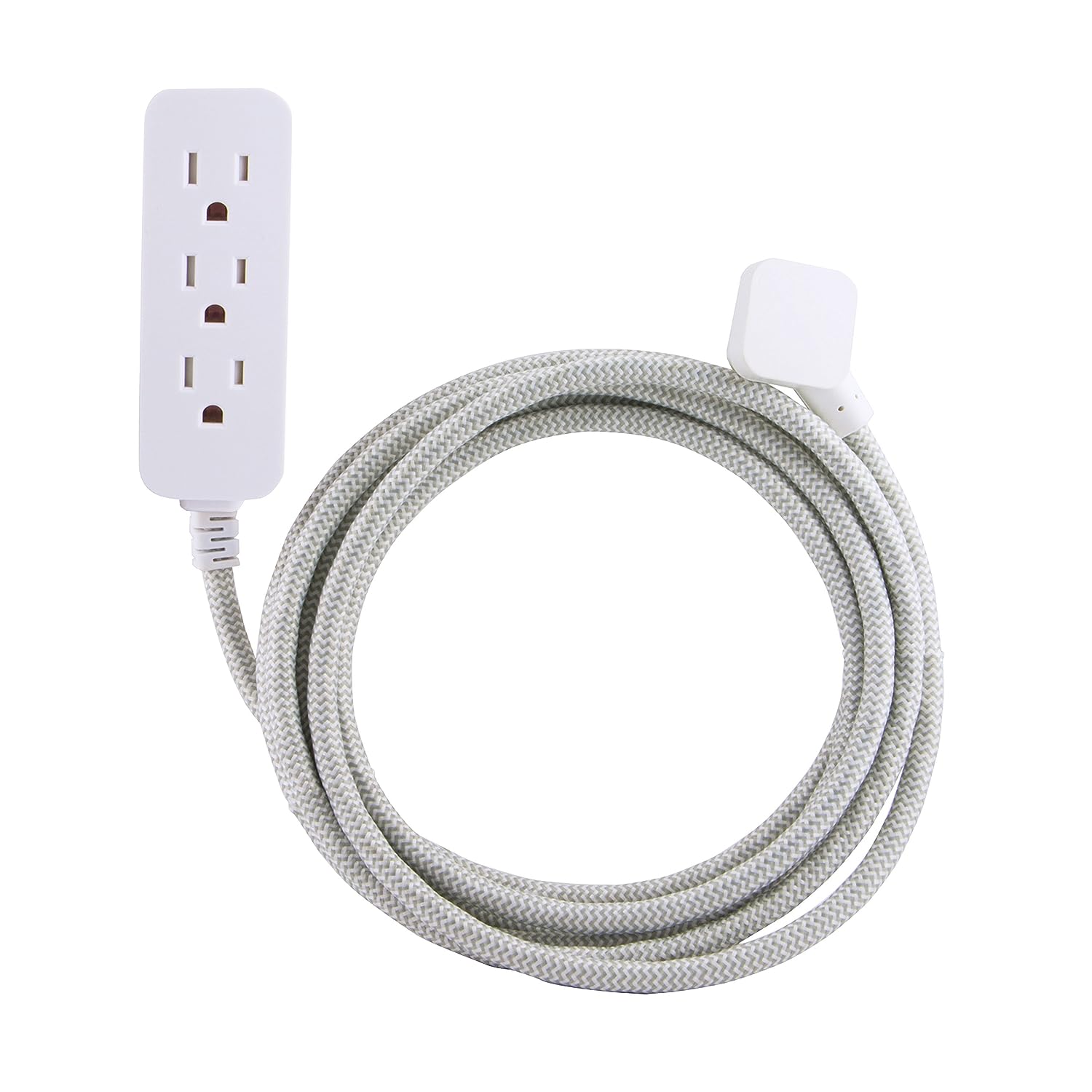
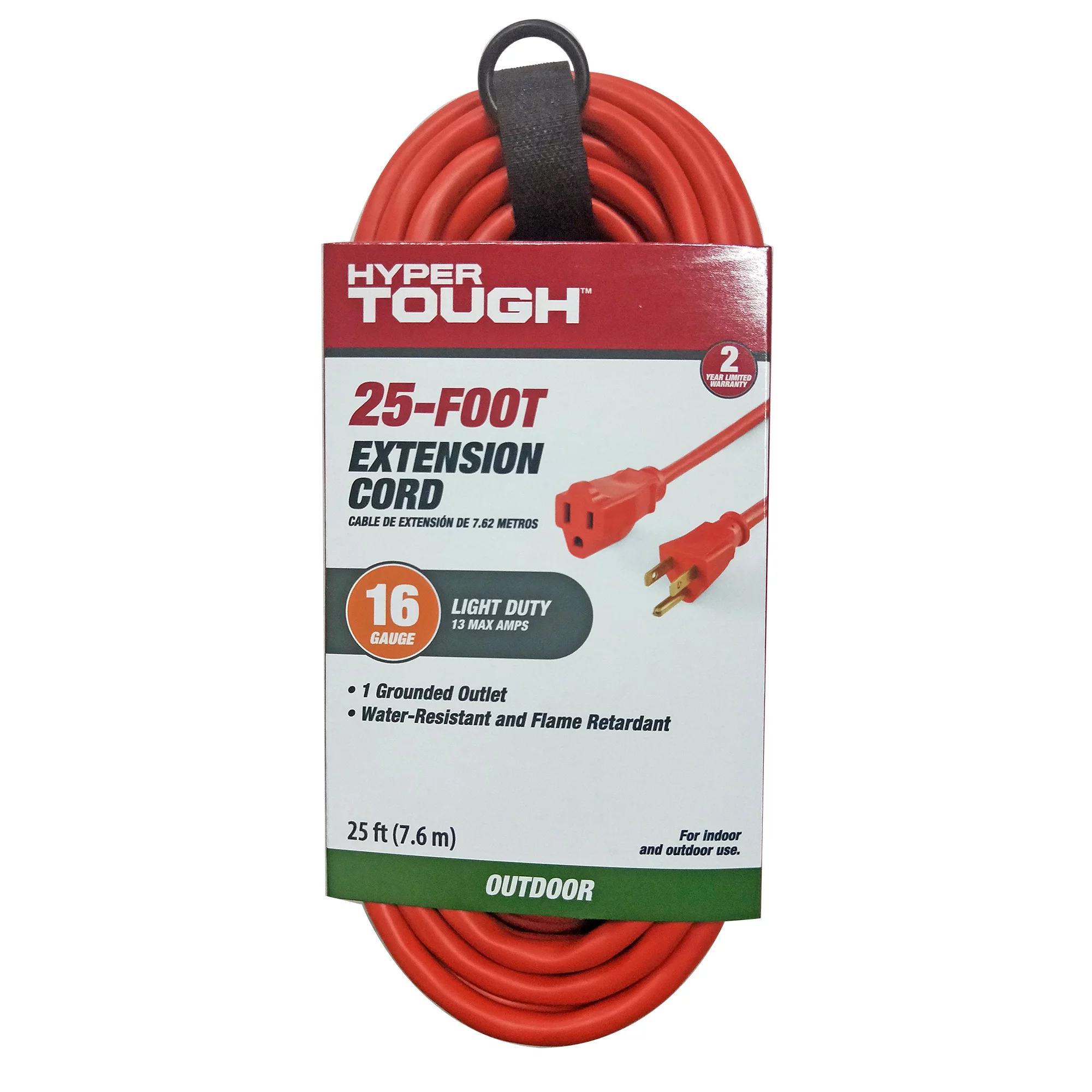
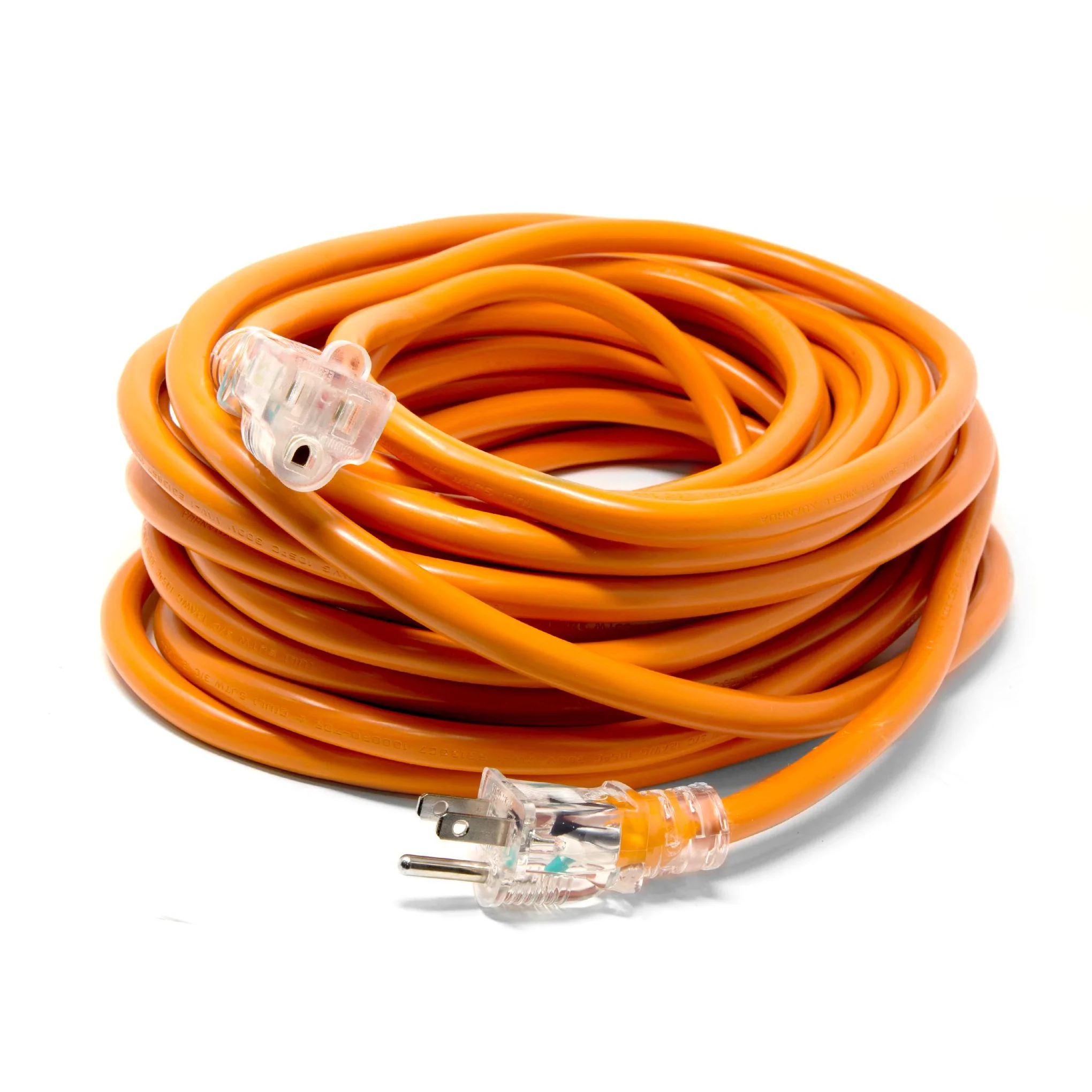
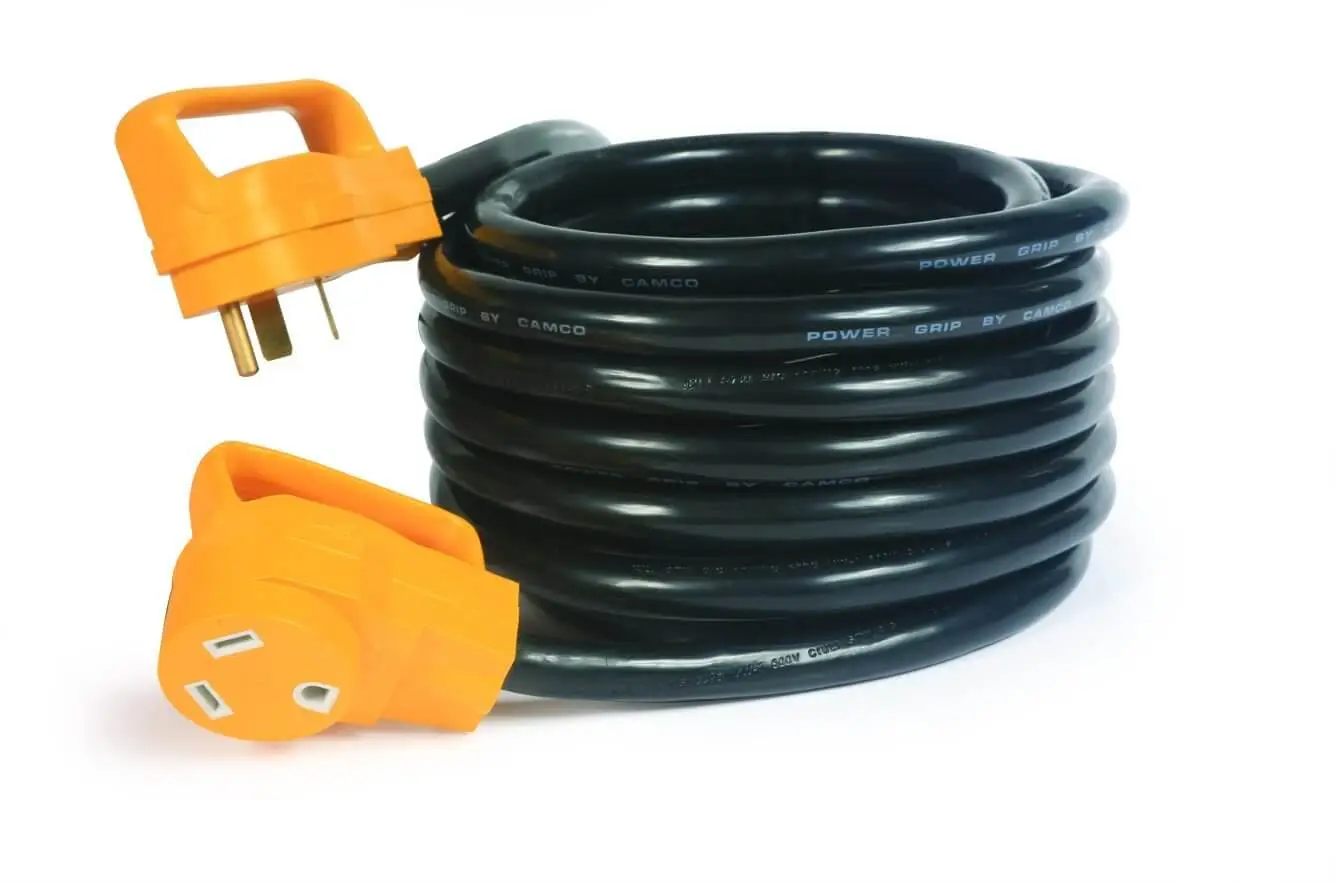
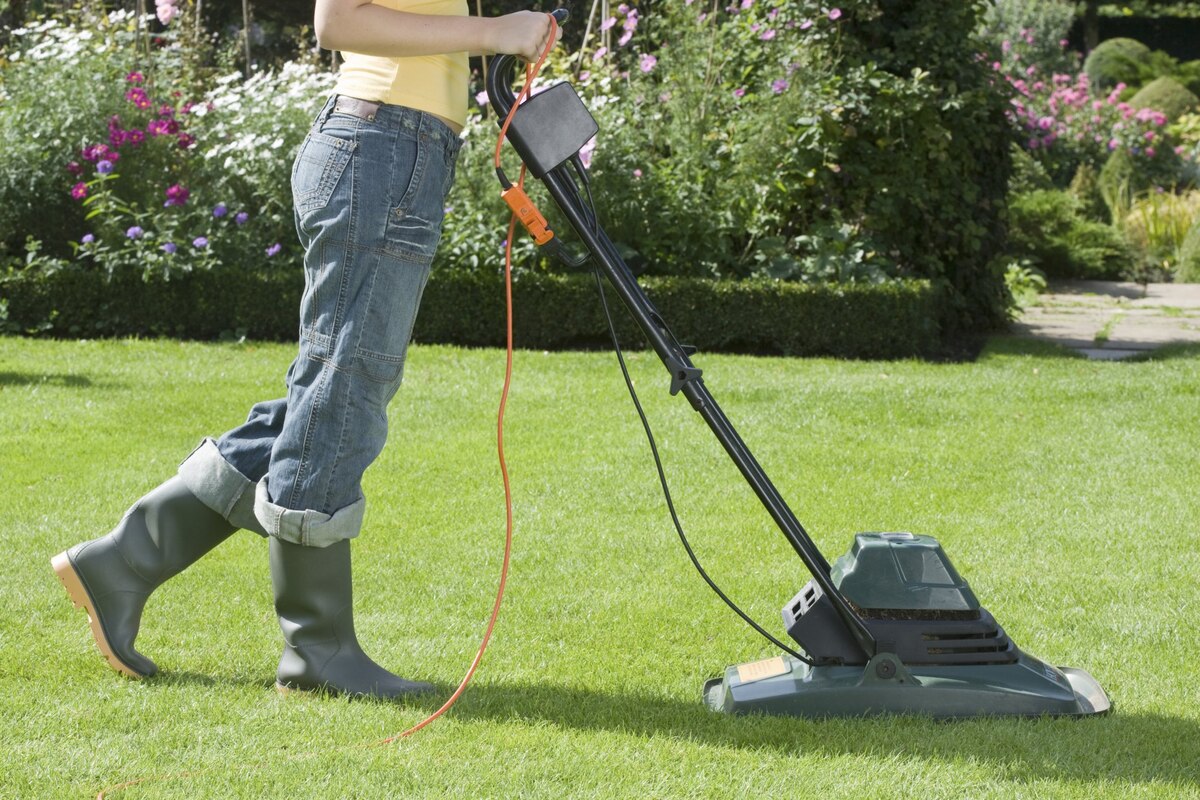
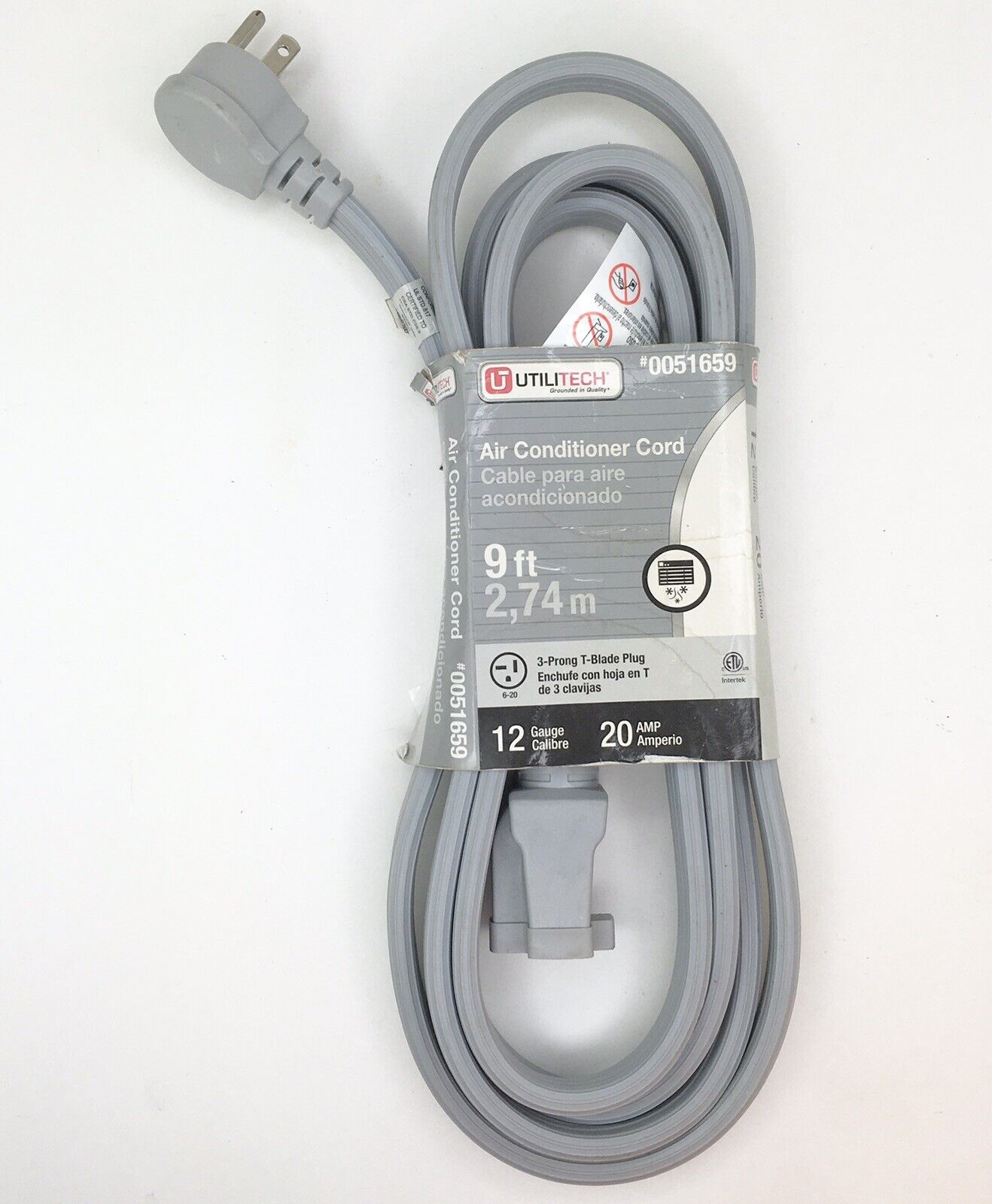
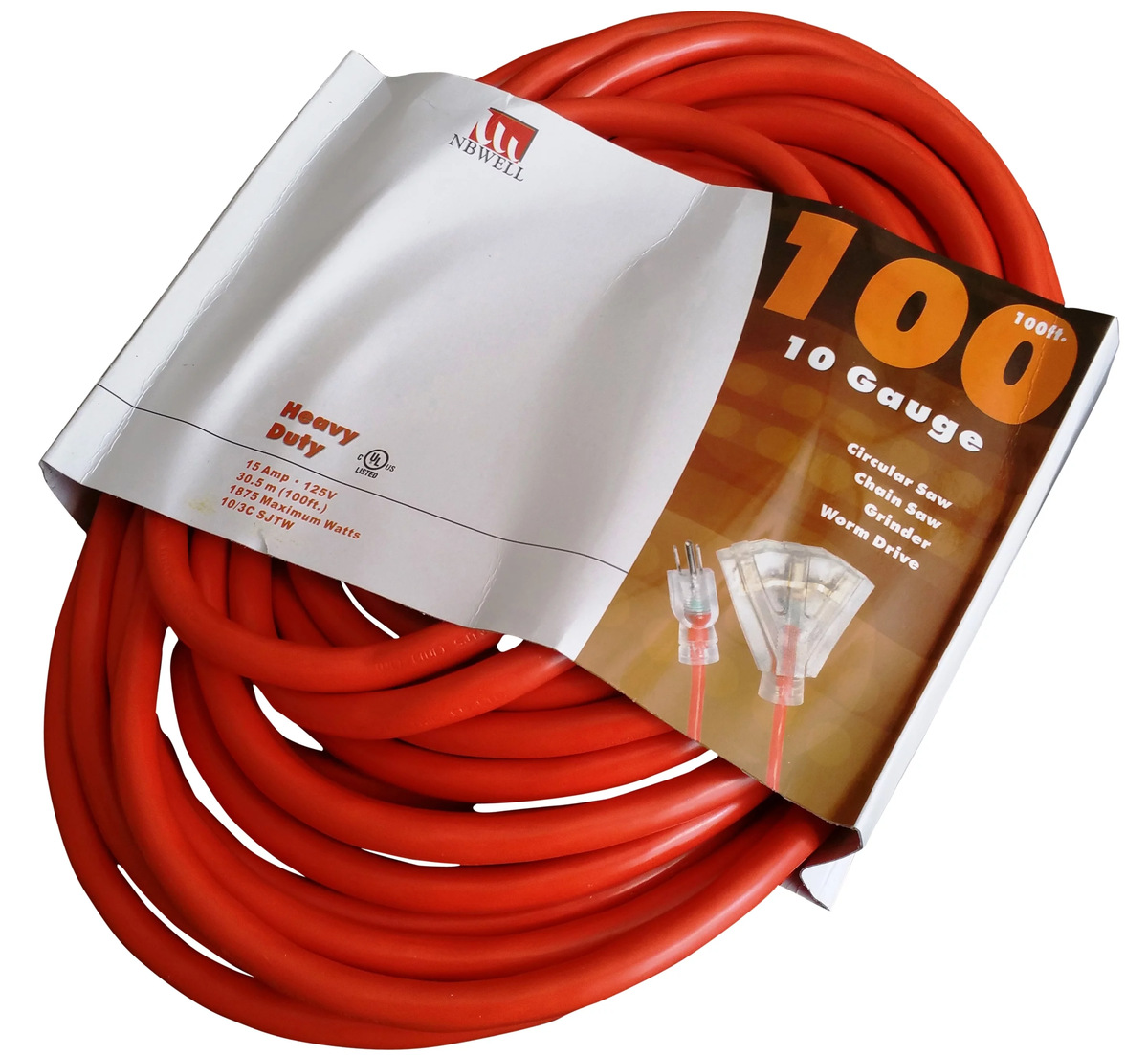
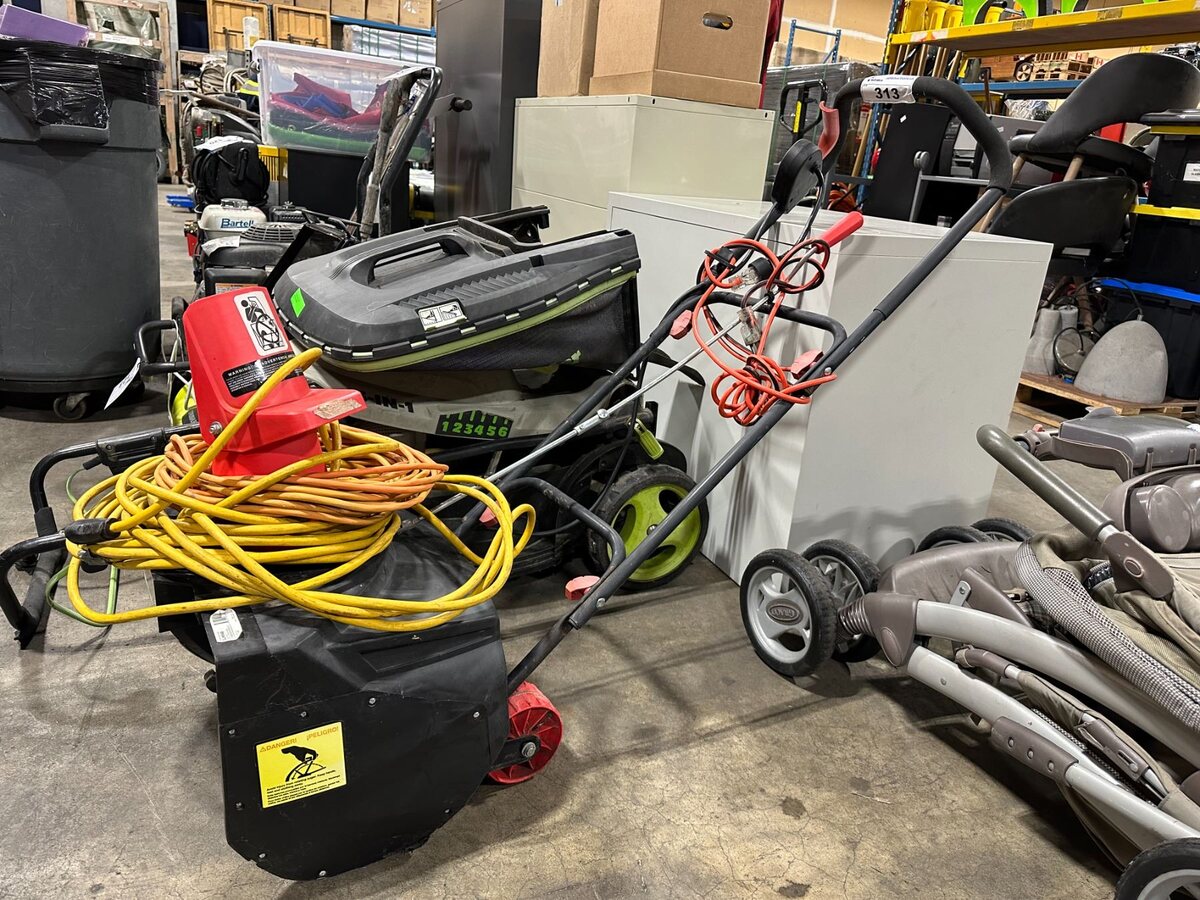
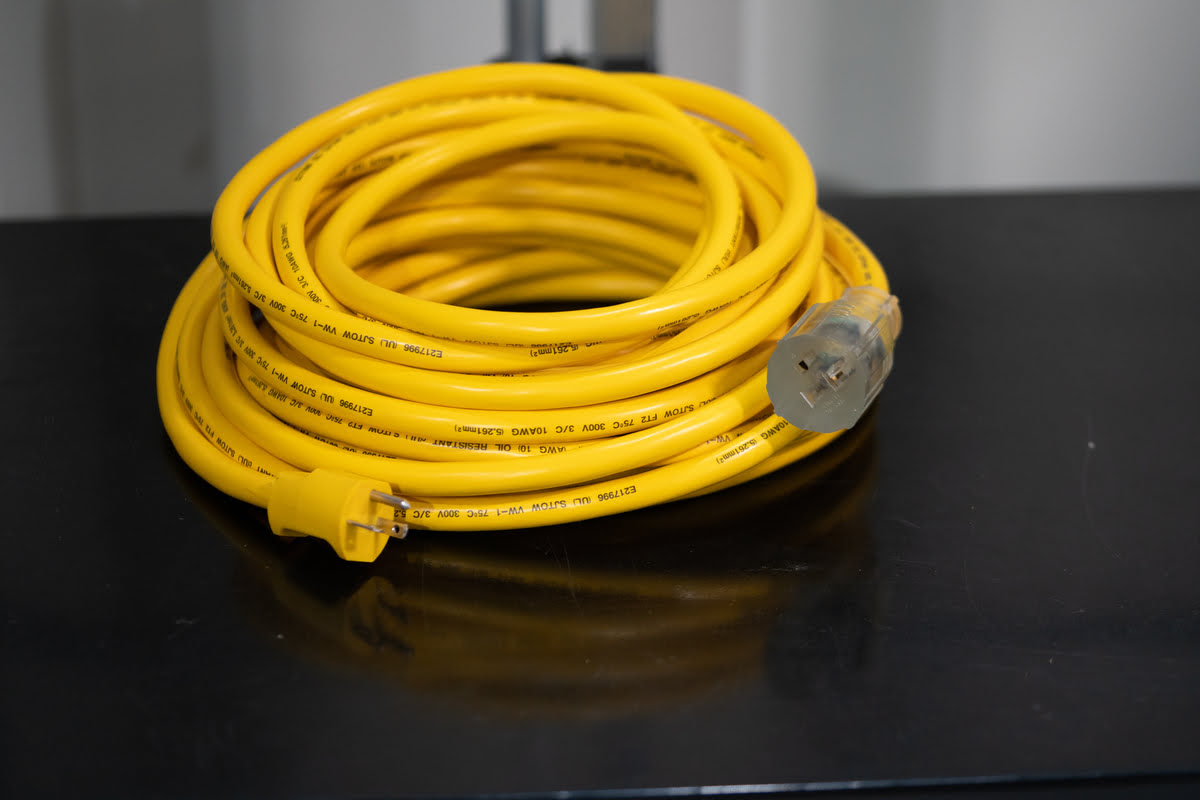
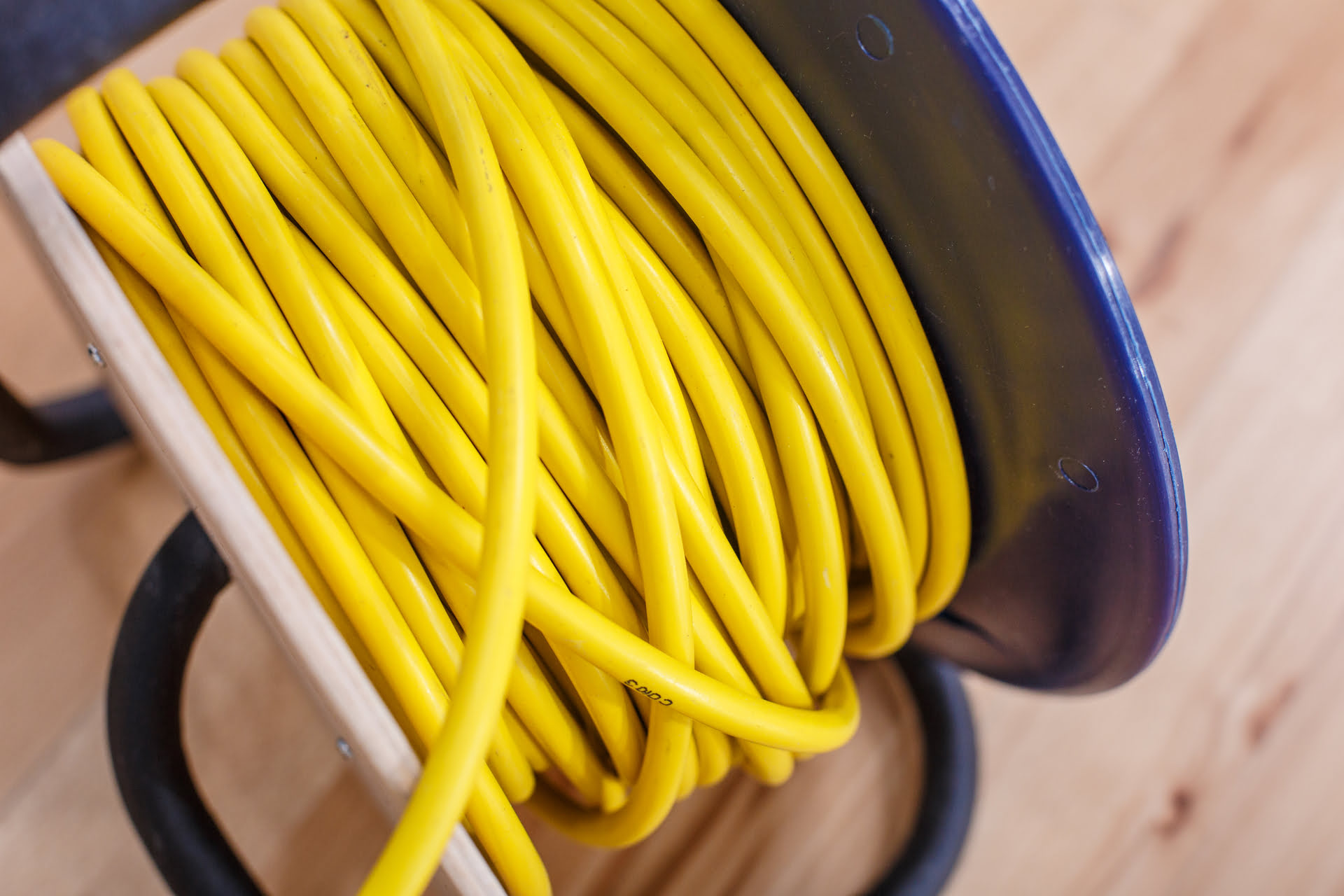
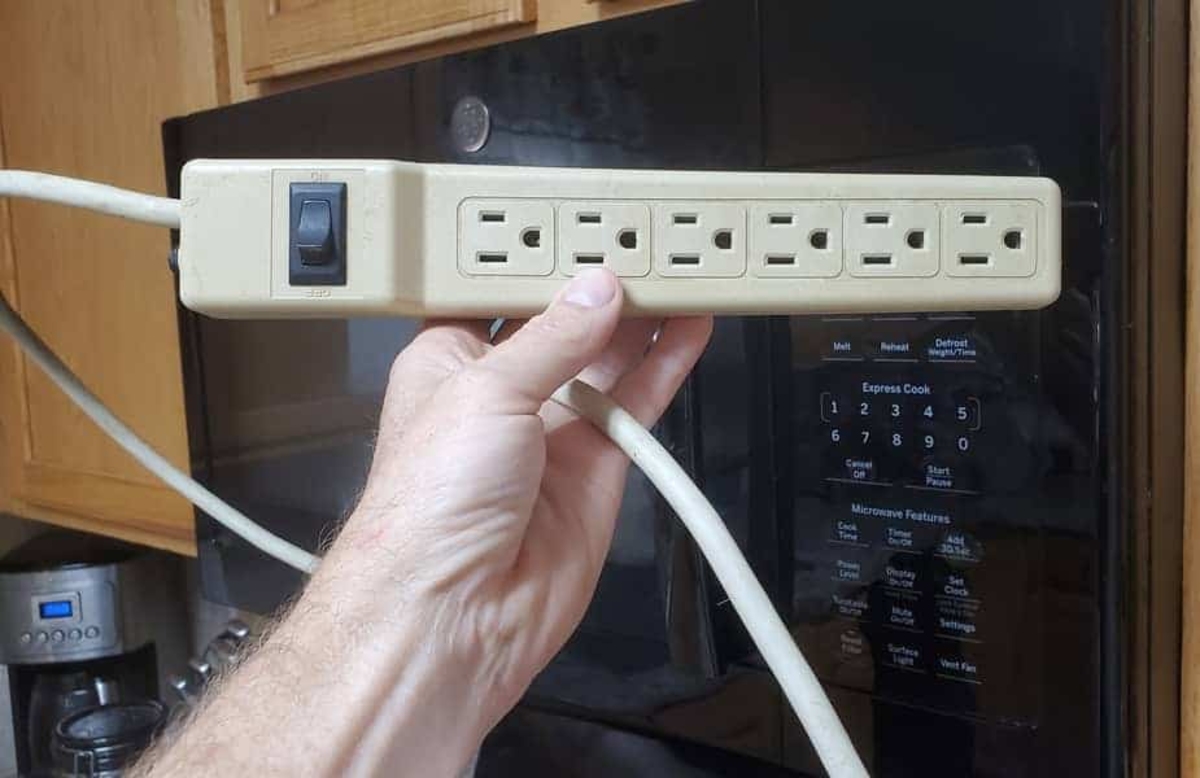
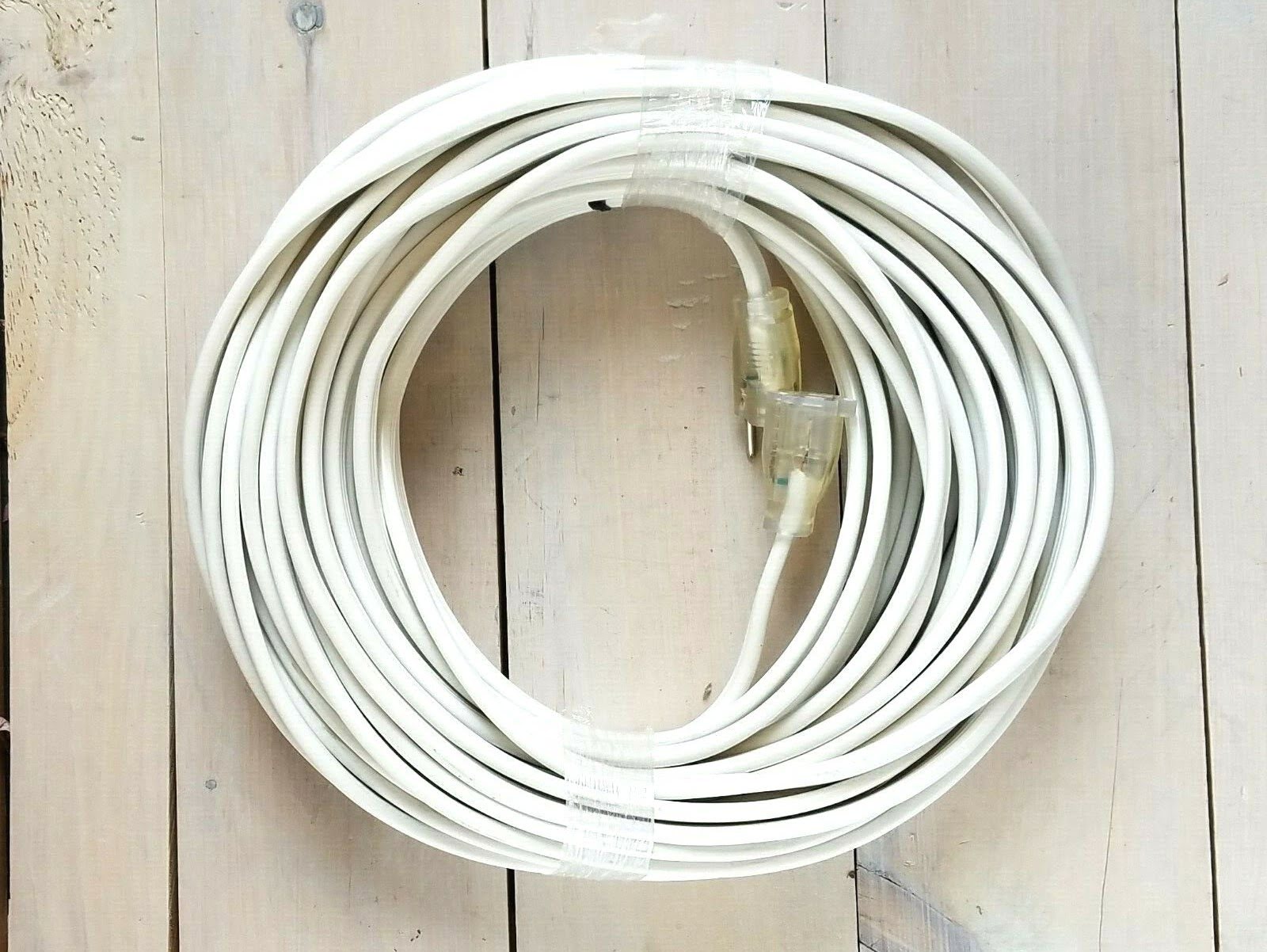
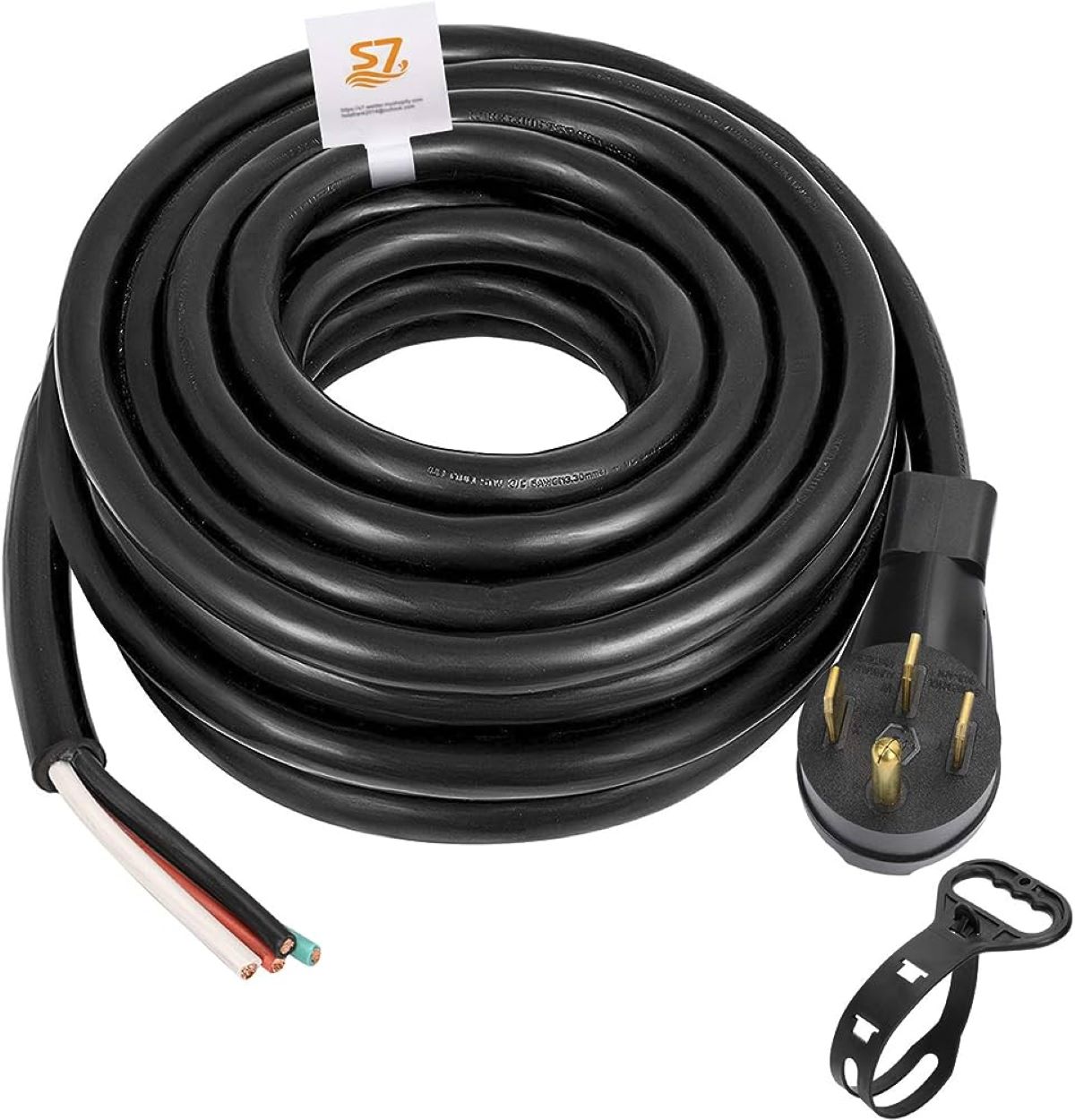

0 thoughts on “What Does 16 Gauge Extension Cord Mean”